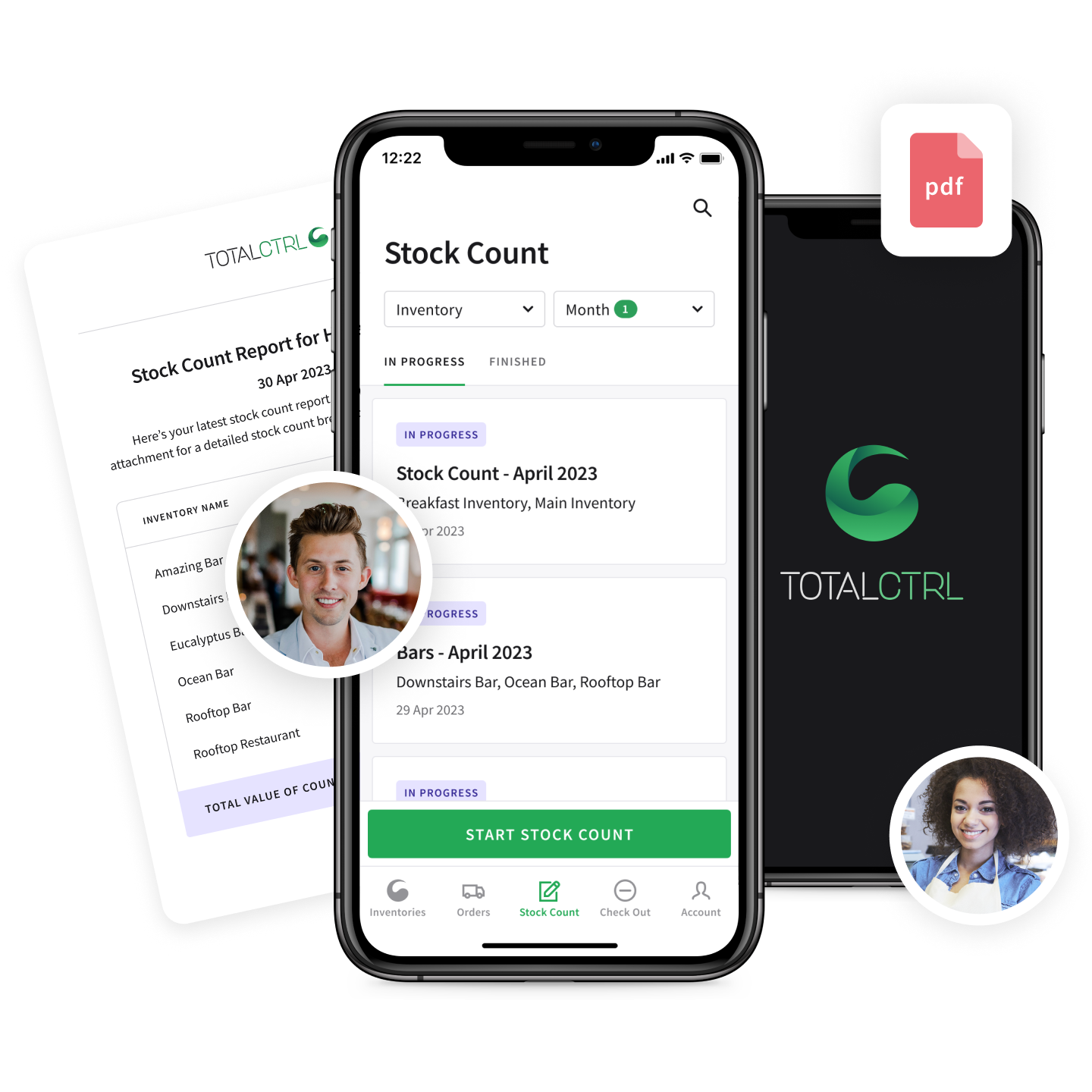Germany is Europe’s largest economy and a global business hub, attracting entrepreneurs, freelancers, and companies from around the world. If you are a foreigner planning to start or run a business in Germany, one of the essential steps is opening a business bank account. A dedicated business bank account is crucial for managing your company’s finances professionally, complying with German regulations, and building credibility with customers and suppliers.
Opening a business bank account in Germany as a foreigner can seem daunting, especially if you are unfamiliar with the local banking system, language, and paperwork requirements. This comprehensive guide will walk you through the entire process—from understanding why a business account is necessary, to choosing the right bank, required documentation, application procedures, and tips to ensure success.
Why You Need a Business Bank Account in Germany
Before diving into the how-to, it’s important to understand why having a dedicated business bank account in Germany is essential:
-
Legal Requirement: For certain types of business structures in Germany, such as GmbH (Gesellschaft mit beschränkter Haftung – limited liability company), opening a business bank account is mandatory before registration.
-
Separation of Finances: Keeping your business and personal finances separate helps in clear accounting and simplifies tax reporting.
-
Professionalism: Clients and suppliers expect payments through business accounts, enhancing your company’s credibility.
-
Financial Management: Business accounts often come with features tailored to business needs, such as credit facilities, overdrafts, multi-user access, and integration with accounting software.
-
Tax Compliance: The German tax authorities (Finanzamt) may require clear evidence of business transactions, making a business account essential.
Who Can Open a Business Bank Account in Germany?
Foreigners can open a business bank account in Germany regardless of residency status, but certain conditions apply:
-
Residents: Foreign nationals living in Germany (with a residence permit or visa) typically have an easier time opening accounts.
-
Non-Residents: It’s possible for non-residents to open accounts but may require more documentation and a higher level of scrutiny.
-
Company Owners: If you own a registered business in Germany (GmbH, UG, sole trader, freelancer), you can apply.
-
Freelancers and Sole Traders: Even self-employed individuals or freelancers can open business accounts.
Types of Business Bank Accounts Available in Germany
German banks generally offer several types of accounts for businesses, including:
-
Girokonto (Current Account): The main transactional business account used for day-to-day banking.
-
Savings Account: For holding surplus funds but less common for daily business use.
-
Online Business Accounts: Digital-first banks or fintech providers offering fully online account opening and management, often with lower fees.
-
Specialized Accounts: For specific industries or types of businesses (e.g., startups, freelancers).
Step-by-Step Process to Open a Business Bank Account in Germany as a Foreigner
Step 1: Choose the Right Bank
Germany has a diverse banking landscape including:
-
Traditional Banks: Deutsche Bank, Commerzbank, Sparkasse, Volksbank, and others. They have extensive branch networks but may have stricter requirements and higher fees.
-
Online Banks: N26, Holvi, Kontist, and others offer streamlined digital account opening and lower fees. Ideal for freelancers and startups.
-
International Banks: Some foreign banks operating in Germany might be more flexible for foreigners.
Considerations:
-
Fees and charges (monthly account fees, transaction fees).
-
Online banking features and usability.
-
English-language support.
-
Account opening requirements for foreigners.
-
Integration with accounting software.
-
Customer service and accessibility.
Step 2: Prepare Required Documentation
German banks require various documents depending on your business type and residency status. Commonly needed documents include:
For Sole Traders and Freelancers
-
Valid passport or national ID.
-
Residence permit or visa (if applicable).
-
Proof of address in Germany (rental contract, utility bill).
-
Business registration certificate (Gewerbeanmeldung).
-
Tax ID number (Steuernummer).
-
Trade license if required.
-
Business plan or contracts (sometimes requested).
For Companies (e.g., GmbH, UG)
-
Certificate of incorporation and articles of association.
-
Extract from the commercial register (Handelsregisterauszug).
-
Proof of company address.
-
Passport or ID of the company directors and shareholders.
-
Tax ID number (Steuernummer) or VAT ID.
-
Shareholder resolution authorizing account opening (if applicable).
Step 3: Visit the Bank or Apply Online
-
In-person: Many traditional banks require you to visit a branch in Germany to verify your identity and submit documents. This may require an appointment.
-
Online: Several digital banks allow you to open accounts fully online or via video identification (Video-Ident), which is convenient for foreigners outside Germany.
Step 4: Complete Application and Verification
-
Fill out the bank’s application form.
-
Submit scanned copies or originals of your documents.
-
Complete identity verification (usually via passport scan or video call).
-
Wait for bank approval — this can take from a few days to several weeks.
Step 5: Deposit Initial Capital (if required)
-
For GmbH or UG companies, you need to deposit the minimum share capital (€25,000 for GmbH, €1 for UG) into the business bank account before registration.
-
Sole traders and freelancers usually have no minimum deposit requirement.
Step 6: Receive Account Details and Start Banking
-
Once approved, you will receive your account number (IBAN), debit cards, and online banking access.
-
You can start using your business bank account for transactions, payments, and payroll.
Additional Tips for Opening a Business Bank Account in Germany as a Foreigner
Language Barrier
-
Many banks offer services primarily in German; having a German speaker assist you can simplify the process.
-
Some banks and fintech providers offer English-language support.
Proof of Address Challenges
-
If you are new to Germany and don’t yet have a permanent address, you might face challenges.
-
Some banks accept foreign addresses or use digital address verification.
Use of Fintech Banks
-
Fintechs such as N26, Holvi, and Kontist are popular among foreigners due to fast setup and lower fees.
-
They offer features suited to freelancers and startups but might lack some traditional banking services.
Credit History and Banking History
-
Unlike some countries, German banks do not heavily rely on credit scores but assess your business plan and documentation.
-
New businesses may have limited access to credit initially.
Seek Professional Advice
-
A local tax advisor (Steuerberater) or business consultant can help navigate bank requirements.
-
They can also assist in business registration and tax compliance.
Common Challenges Foreigners Face When Opening Business Accounts in Germany
-
Stringent KYC (Know Your Customer) checks: Banks require thorough identity and business verification.
-
Documentation in German: Some documents may need certified translation.
-
Long processing times: Traditional banks may take weeks.
-
Requirement to visit branch: For some banks, you must physically visit, which is difficult if you are abroad.
-
Residency restrictions: Some banks may require German residency or address.
Alternatives if You Cannot Open a German Business Account
-
Use international business accounts from fintech providers like TransferWise (Wise), Revolut Business, or Payoneer.
-
Open a business account in your home country with international payment options.
-
Partner with a local company or representative who can assist with banking.
Conclusion: Opening a Business Bank Account in Germany as a Foreigner
Starting and running a business in Germany offers immense opportunities, but managing finances through a dedicated business bank account is a foundational step you cannot overlook. While the process might seem complex due to regulatory requirements and documentation, foreigners can successfully open business bank accounts by:
-
Choosing the right bank (traditional or fintech),
-
Preparing all required documents carefully,
-
Understanding the procedural steps,
-
Seeking expert guidance if needed.
By securing a reliable business bank account, you set the stage for smooth financial management, legal compliance, and business growth in one of Europe’s most dynamic markets.


















0 comments:
Post a Comment
We value your voice! Drop a comment to share your thoughts, ask a question, or start a meaningful discussion. Be kind, be respectful, and let’s chat!